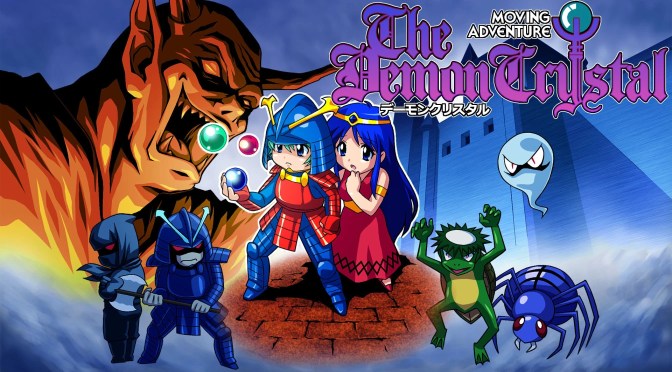I reviewed this game over at Nintendo Life — please go support my work over there, then join me back here to delve into the game in more detail!
It’s abundantly clear when you’re experiencing a creative work that was genuinely special to the people who made it.
The end result of such a passion project might be scraggy around the edges, it might not be technically perfect and you can probably find things that are “better”, whatever that means… but for me, finding something with genuine heart and soul will always trump big budgets and technical efficiency.
And so we come to Dead or School from Studio Nanafushi, a passion project that certainly still has a few scraggy edges even after two years in Early Access on PC… but a game that captured and maintained my attention from the moment I booted it up to the time the last of the credits scrolled off the screen. Let’s take a closer look.










